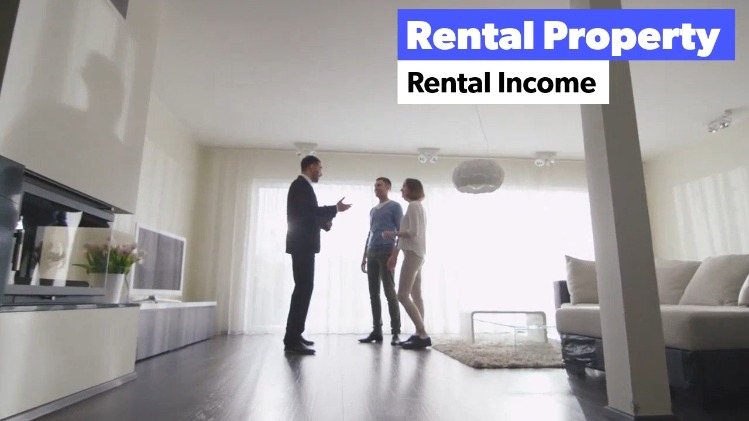Appeal ignites zeal, and property investment always has its appeal. Despite price spikes over the years and the prospect of housing bubbles, residents and non-residents alike are inclined to hedge their savings on real estate for either present needs or future plannings. That being said, many investors have underestimated the risks associated with owning a rental property in Canada. While we can’t promise the return on your investment, we know the certainty of taxes the investment ensues.
Regardless of your residential status or citizenship, you are entitled to tax obligations if you own any real property in Canadian territories. To ensure that everyone complies with the Canadian tax laws – or bluntly put, to avoid non-residents abscond with the credits they owe – the CRA assesses a full gamut of rules and regulations on non-residents and requires Canadian financial institutions to withhold non-resident tax at the rate of 25% on Canadian sourced incomes.
Here is what you need to know about your tax obligations if you have rental income, or sell a rental property in Canada as a non-resident.

Rental Income:
By Tax Act, Section 216, non-residents are obligated to remit 25% of tax on their estimated gross rental income. However, renting a property generates expenses; the CRA rules that non-residents who own rental properties should file NR4 slips, on which they report all the expenses incurred to the property by March 31 in the next calendar year. The CRA will process the tax return and issue a refund, if any, upon receiving the NR4 slip. Please note, this can be a time-consuming process.
Given that 25% of the gross rental income isn’t exactly the kind of pocket money everyone has, alternatively, you can settle upon the second option by appointing an eligible agent, who will withhold and remit 25% of the estimated net income to the CRA on your behalf by the 15th of every month. However, to remit by estimated net income, you will have to file NR6 election by January 1st of the reporting year.
Unlike in the first option, where you must submit the NR4 slip by March 31st of the following year, by opting for the second option, your agent is responsible for your NR4 slip. In addition, your agent should file your rental income tax return by June 30th of the same year.
While the net rental option edges on the cash flow, responsible agents are hard to find. Given that the CRA holds agents accountable and subject them to such penalties as of late filing or falsely claimed credits, arm’s length agents do not usually represent clients who are non-residents.
Property Sales Income:

By Tax Act, Section 116, when non-residents dispose of real property in Canada, their lawyers must withhold 25% of the estimated sales income. Within 10 days after the closing date, you should appoint your accountant to acquire the certificate of compliance, which accesses the net income of the sale. Based on the net income, the withholding tax will be reassessed at the rate of 25%, and your lawyer will return to you any left amount withheld.
Please be advised that if you have more than one property to dispose, you should apply for the certificate of compliance for each property. It takes as fast as three months for the CRA to issue the certificate; had you failed to obtain the certificate on time, your lawyer would have to remit the withholding 25% to the CRA. Needless to say, it’s pivotal that you have your accountant submit your application at the earliest convenience.
Like every trade is entitled to both costs and profits, the CRA acknowledges that the disposition of a real property generates expenses. Non-residents who dispose of real property in Canada can report their expenses by submitting NR4 slips by April 30th in the following calendar year for the further deduction.
Except for the certainty duo of death and taxes, nothing is set in stone in the game of investment, and the perks are as great as the shoals treacherous. While the CRA aspires to treat all investors alike, each case is different, and rulings often vary between individuals. If you are a non-resident, fairly unfamiliar with the Canadian system, please consult professionals before making any bet.

